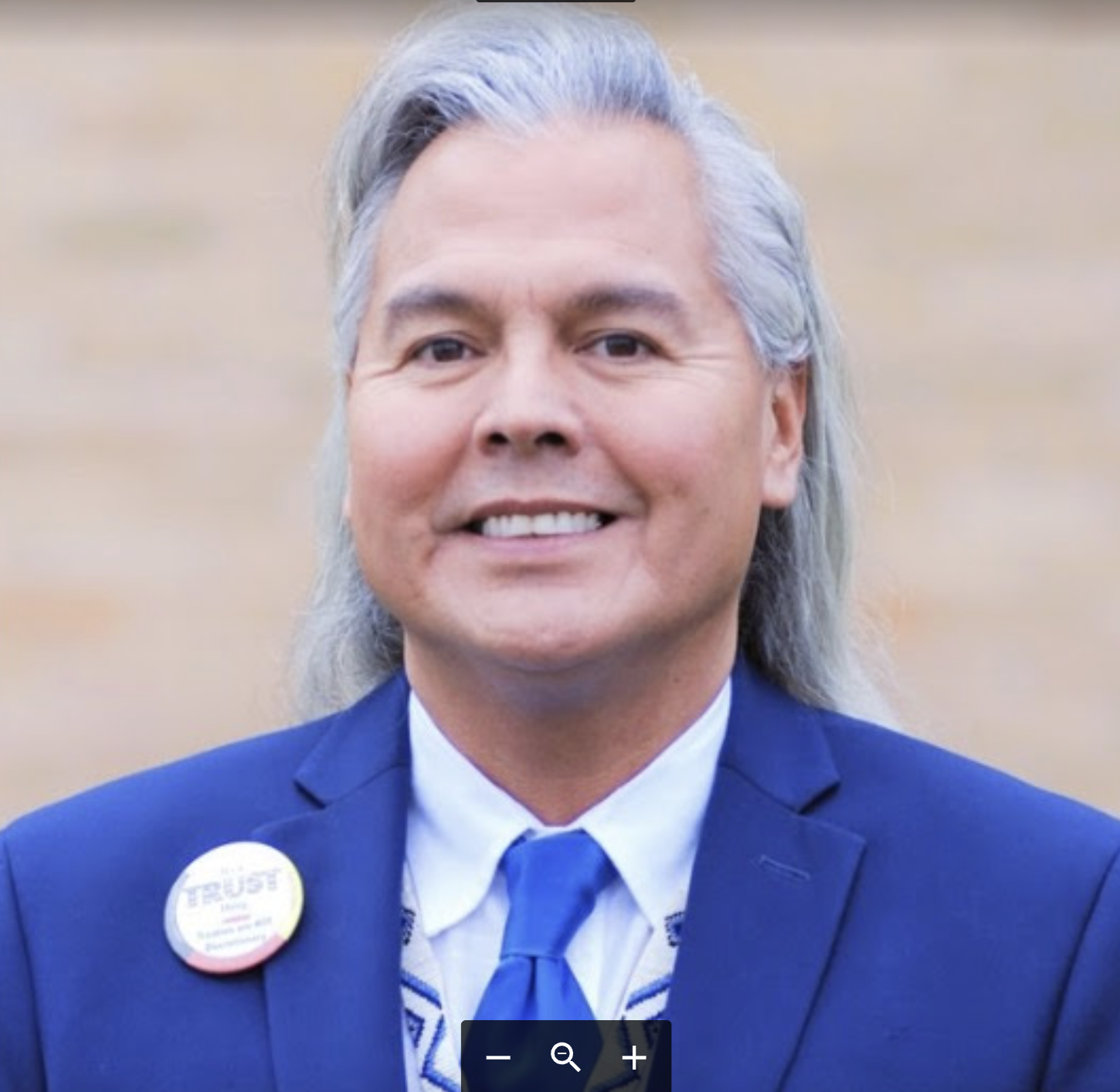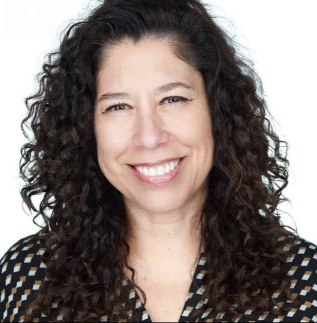Two national Native American leaders, Dr. Aaron Payment (Sault Ste. Marie of Chippewa Indians) and Dr. Joni Buffalohead (Sisseton-Wahpeton Oyate) have been hired by Kauiffman and Associates, Inc (KAI), based in Spokane, Washington, as vice presidents. Both come with vast experience working in Indian Country.

KAI works to improve the well-being of all vulnerable populations, with a special focus on American Indians and Alaska Natives. Using innovative, Indigenous methods, KAI has built a national reputation for quality consultation and management support.
“I am elated to have Dr. Aaron Payment and Dr. Joni Buffalohead join the team at KAI,” KAI President and Founder Jo Ann Kauffman said “Their professional integrity and reputation for respectful and insightful work with tribal nations precedes them, and I know they will bring their own vibrant and culturally aligned vision for serving communities and organizations to KAI.”
Payment will serve as vice president of tribal relations and learning. Well known in Indian Country, Payment is leading all KAI education contracts, including assisting the federal government with creating a 10-year plan for supporting tribal revitalization of Native languages.
Well known in Indian Country, Payment is the former tribal chairperson of the Sault Ste. Marie of Chippewa Indians. He brings over thirty years of national, regional, and local experience to his new role as vice president of tribal relations and learning. His experience includes nearly a decade with the National Congress of American Indians, a Presidential appointment to the National Advisory Council on Indian Education, and a close affiliation with the National Indian Health Board.
“I have long admired KAI President Jo Ann Kauffman for her dedicated focus on indigeneity and tribal capacity-building,” Payment said. “I am excited to continue my work furthering Native health, education and tribal relations as part of her amazing team.”
Buffalohead will serve as KAI’s new vice president of behavioral health transformation, after spending the past twenty years working to improve the health care systems and community well-being among Minnesota tribes and urban Indian populations.

She has worked extensively with all eleven Minnesota tribes to bring equitable access to statewide resources. She is currently leading KAI’s team addressing the opioid epidemic across Indian Country.
“I’m thrilled to be working with an organization that so clearly shares my commitment to building holistic relationships with urban and rural Native communities,” she said. “Together we’ll continue to create powerful, sustainable change that empowers future generations to live healthier, more fulfilling lives.”
More Stories Like This
Native News Weekly (August 25, 2024): D.C. BriefsUS Presidents in Their Own Words Concerning American Indians
Navajo Mother Welcomes Federal Charges in 2020 Killing of Her Son
Native News Online Launches Year-End Campaign to Support ‘Warrior Journalism’
Native News Online’s Year-End Live Stream - Recap of 2025: A Night That Brings Indian Country Together
Help us defend tribal sovereignty.
At Native News Online, our mission is rooted in telling the stories that strengthen sovereignty and uplift Indigenous voices — not just at year’s end, but every single day.
Because of your generosity last year, we were able to keep our reporters on the ground in tribal communities, at national gatherings and in the halls of Congress — covering the issues that matter most to Indian Country: sovereignty, culture, education, health and economic opportunity.
That support sustained us through a tough year in 2025. Now, as we look to the year ahead, we need your help right now to ensure warrior journalism remains strong — reporting that defends tribal sovereignty, amplifies Native truth, and holds power accountable.
 The stakes couldn't be higher. Your support keeps Native voices heard, Native stories told and Native sovereignty defended.
The stakes couldn't be higher. Your support keeps Native voices heard, Native stories told and Native sovereignty defended.
Stand with Warrior Journalism today.
Levi Rickert (Potawatomi), Editor & Publisher


